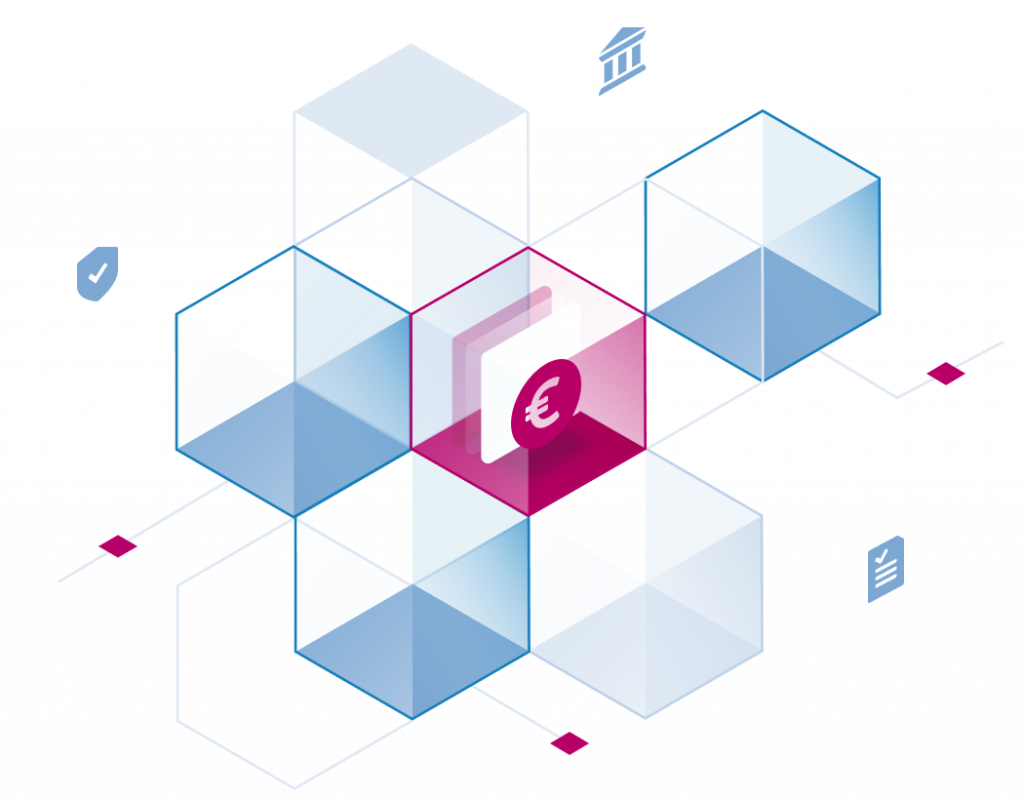Collaborative, transparent and open source: tech start-up Stackable launches innovative solution for scalable open source data platforms
Wedel, June 30, 2022 – Successful launch: after several months of development work, Stackable, a start-up founded as an association of data experts, today announces the first release of the Stackable Data Platform. With its modular open source data platform, Stackable provides a simple way to help companies digitize and increase their data literacy. Stackable combines proven, highly scalable components with Kubernetes to ensure the best possible data independence for its users – including the European Gaia-X lighthouse project Marispace-X. IONOS Cloud, a leading European provider of cloud infrastructure and platform services, is on board as a seed investor. The Stackable Data Platform is available immediately at www.stackable.tech.
Your data, your platform
The innovative new open source distribution makes it possible to build and operate individual and modern data infrastructures including data warehouses, data lakes, event streaming, machine learning and data meshes. This makes it very easy for companies of all sizes to increase their own data competence in the course of their digital transformation and accelerate the implementation of future topics such as IoT, artificial intelligence or autonomous services.
The platform provides popular applications including Apache Nifi, Apache Kafka, Trino, Apache Spark, Apache Druid, Apache Superset, Apache Airflow, Apache HBase and HDFS, all of which have a proven track record for processing large, heterogeneous data sets. Since it uses cloud-native technologies with Kubernetes, it can be operated both in the company’s own data center and in any cloud environment.
In addition, the start-up from Wedel relies on open source instead of proprietary vendor or cloud lock-in and is based on European standards with regard to data protection and data sovereignty. As a result, the Stackable Data Platform allows completely self-determined control over the storage, use and processing of one’s own data.
Community-oriented licensing model
The attractive licensing model of the Stackable Data Platform is divided into three levels. The free Community Edition includes all essential functionalities and, in contrast to many other providers, comes without any restrictions regarding the scope of the managed data or the size of the deployment. With the Basic and Business Subscription, customers can add different service models and individual support functions. “The Stackable Data Platform is a heart project for us,” explains Lars Francke, Co-Founder and CTO of Stackable. “We wanted to develop the product that we would have liked to see for our customers over all the years spent in the big data business. It’s built from and for the community, with freely available source code for all to use,” says Francke.
Strong partners: IONOS and Gaia-X
Among the first users of Stackable is the European Gaia-X-funded project Marispace-X, which aims to digitize the oceans. As an early-stage investor, Stackable was even able to win over IONOS, one of the leading providers of cloud infrastructure, cloud services and hosting in the European region. “With our investment, we ensure that IONOS has a strong position in the growing Big Data market,” said Achim Weiß, CEO of IONOS. “Stackable and IONOS share DNA – open source software is at the core of our offerings. We are already using the Big Data platform for internal applications and are planning several managed service offerings based on the Stackable Data Platform for our cloud customers this year,” said Weiß.
Full technical details on the current release of the Stackable Data Platform can be found at https://stackable.tech/release1 or https://docs.stackable.tech/home/stable/index.html
Contact for queries:
Stefan Igel, COO
stefan.igel@stackable.de
About Stackable
Stackable believes the future of software development is open source. That’s why the company has made it its mission to make it as easy as possible to build and operate scalable open source infrastructures for Big Data, event streaming, machine learning (ML) and AI with open source products. Modern DevOps concepts, such as a consistent infrastructure-as-code approach, enable companies of all sizes to easily integrate and manage their data platforms into their respective IT infrastructure – whether in their own data center or in the cloud. The Stackable Data Platform avoids vendor and cloud lock-in, promoting enterprise flexibility and data sovereignty. Founded in 2020 out of community spirit, Stackable provides its platform as an open source product with freely available source code and a commercial service and support offering.


